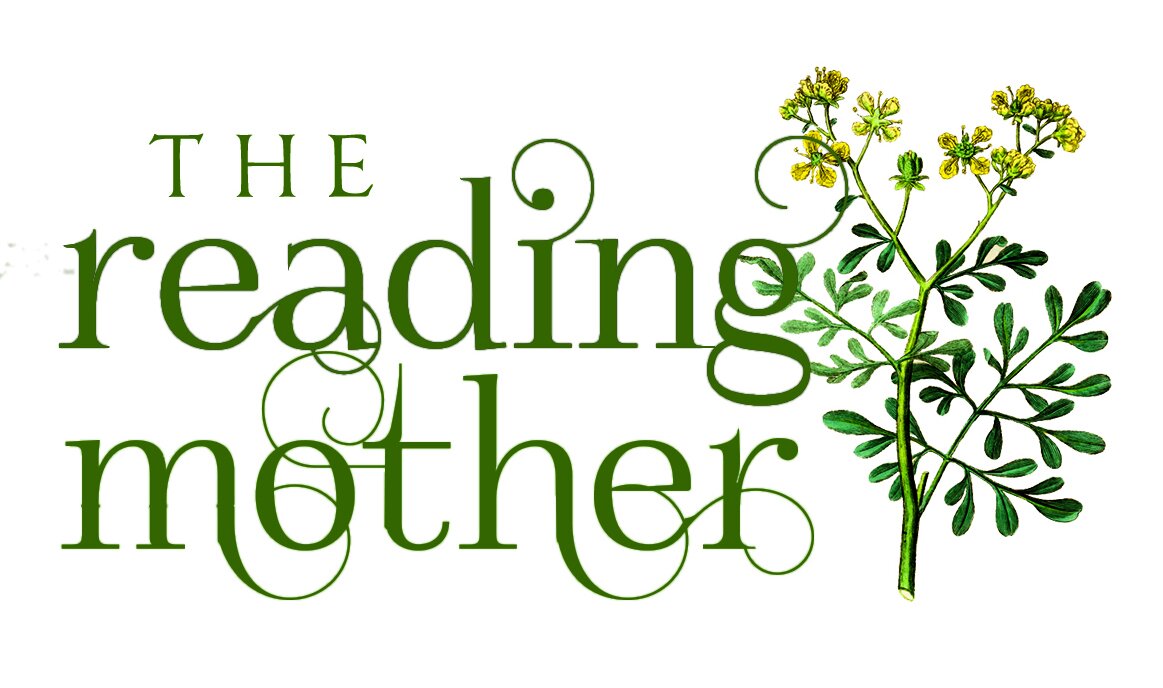Dragons and Safe Spaces
Most of us know what we should expect to find in a dragon's lair, but, as I said before, Eustace had read only the wrong books. They had a lot to say about exports and imports and governments and drains, but they were weak on dragons.
—C. S. Lewis, The Voyage of the Dawn Treader
College campuses and "safe spaces" have been much in the news of late, often as an object of ridicule for an older generation. The trend is deplorable, in the true sense of the word. But it seems to me that a good share of the blame belongs squarely on the shoulders of that older generation itself, the one that was entrusted with the nurture and education of students demanding such accommodations. In a thought-provoking article over at Circe, Josh Wilmoth identifies the historic safe space—the church, particularly through confession and repentance. At the beginning of the article, he says:
. . . it’s disingenuous to criticize them without criticizing ourselves, for we are implicated in the sins of the next generation. “Generation Snowflake” did not educate itself.
—Josh Wilmoth, "The Real Problem with Safe Spaces,"
My commonplace entry from years ago describing Eustace's miserable education came to mind. Just as Eustace was completely paralyzed and unable even to think about what should be done next, it seems that today's college students demanding safe spaces—and their teachers, more's the pity!—cannot imagine how to cope with the slings and arrows of life. Is it because they are weak on dragons?If so, this is not completely their own fault. Rather, it is an indictment of parents and educators who have under-valued the vital place of story, especially fairy tales, in the formation of the soul. In our STEM-obsessed culture (which wreaks havoc on the wonder and joy of natural philosophy) the tendency is to replace soul-building stories with dreary tomes on "exports and imports and governments and drains."
Charles Dickens had scathing words for those who eschew story for pragmatics in the rearing of children, when he describes the despicable Smallweeds:
During the whole time consumed in the slow growth of this family tree, the house of Smallweed, always early to go out and late to marry, has strengthened itself in its practical character, has discarded all amusements, discountenanced all story-books, fairy-tales, fictions, and fables, and banished all levities whatsoever. Hence the gratifying fact that it has had no child born to it and that the complete little men and women whom it has produced have been observed to bear a likeness to old monkeys with something depressing on their minds.
—Charles Dickens, Bleak House
Furthermore, fairy tales—under which genre many would classify bible stories—are too gruesome, they say. Children will be frightened, they say. Lewis debunks this nonsense in his prose reflections on his art:
And I think it possible that by confining your child to blameless stories of child life in which nothing at all alarming ever happens, you would fail to banish the terrors, and would succeed in banishing all that can ennoble them or make them endurable. For in the fairy tales, side by side with the terrible figures, we find the immemorial comforters and protectors, the radiant ones; and the terrible figures are not merely terrible, but sublime. It would be nice if no little boy in bed, hearing, or thinking he hears, a sound, were ever at all frightened. But if he is going to be frightened, I think it better that he should think of giants and dragons than merely of burglars. And I think St George, or any bright champion in armor, is a better comfort than the idea of the police.
—C. S. Lewis, "On Three Ways of Writing for Children"
When we read the right sort of stories with our children, many of which are heart-wrenching and terrifying, we give them a true safe space to experience the horrors of life in a fallen world. They are not surprised when injustice and oppression rear their ugly heads. They have met Death and know that he is a formidable foe. But they have also glimpsed the thing that despairing students so desperately need—hope.So, perhaps colleges ought to outfit those safe spaces as mini-libraries filled with fairy tales, classic fiction, and even, perhaps, the Bible?

